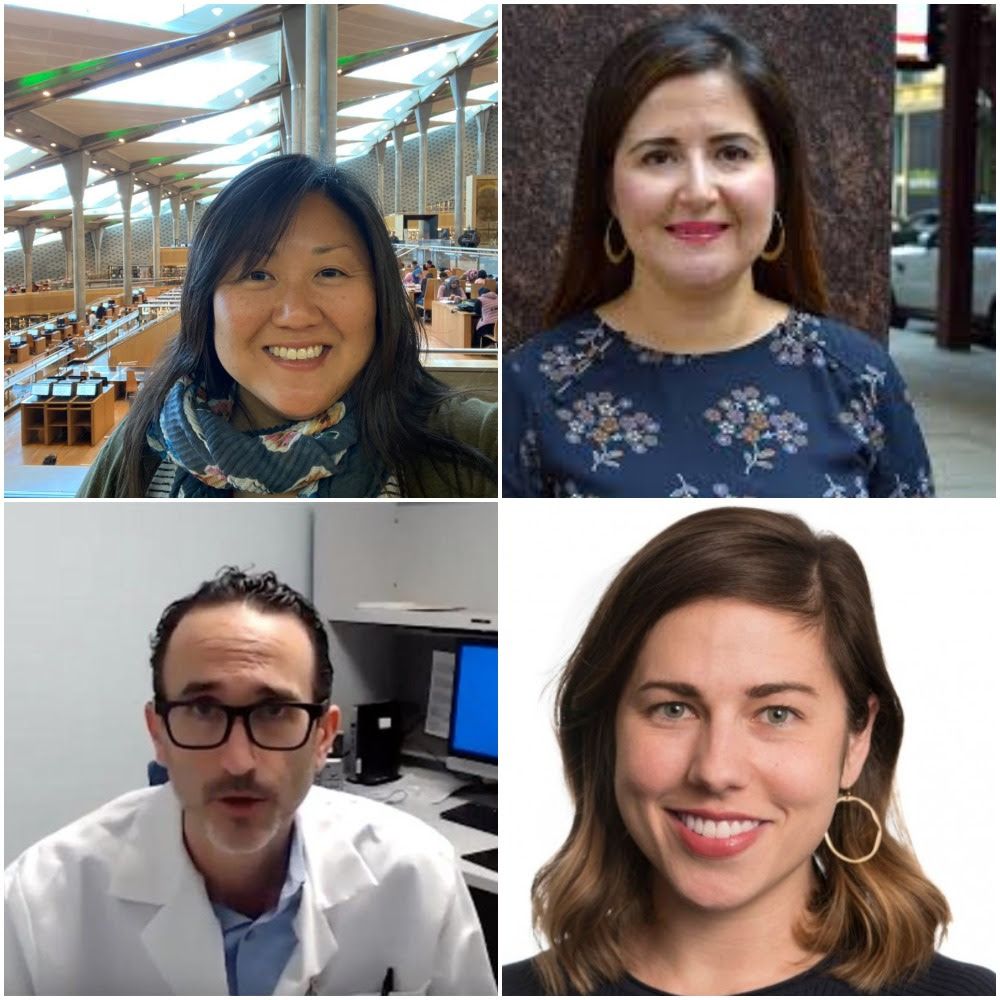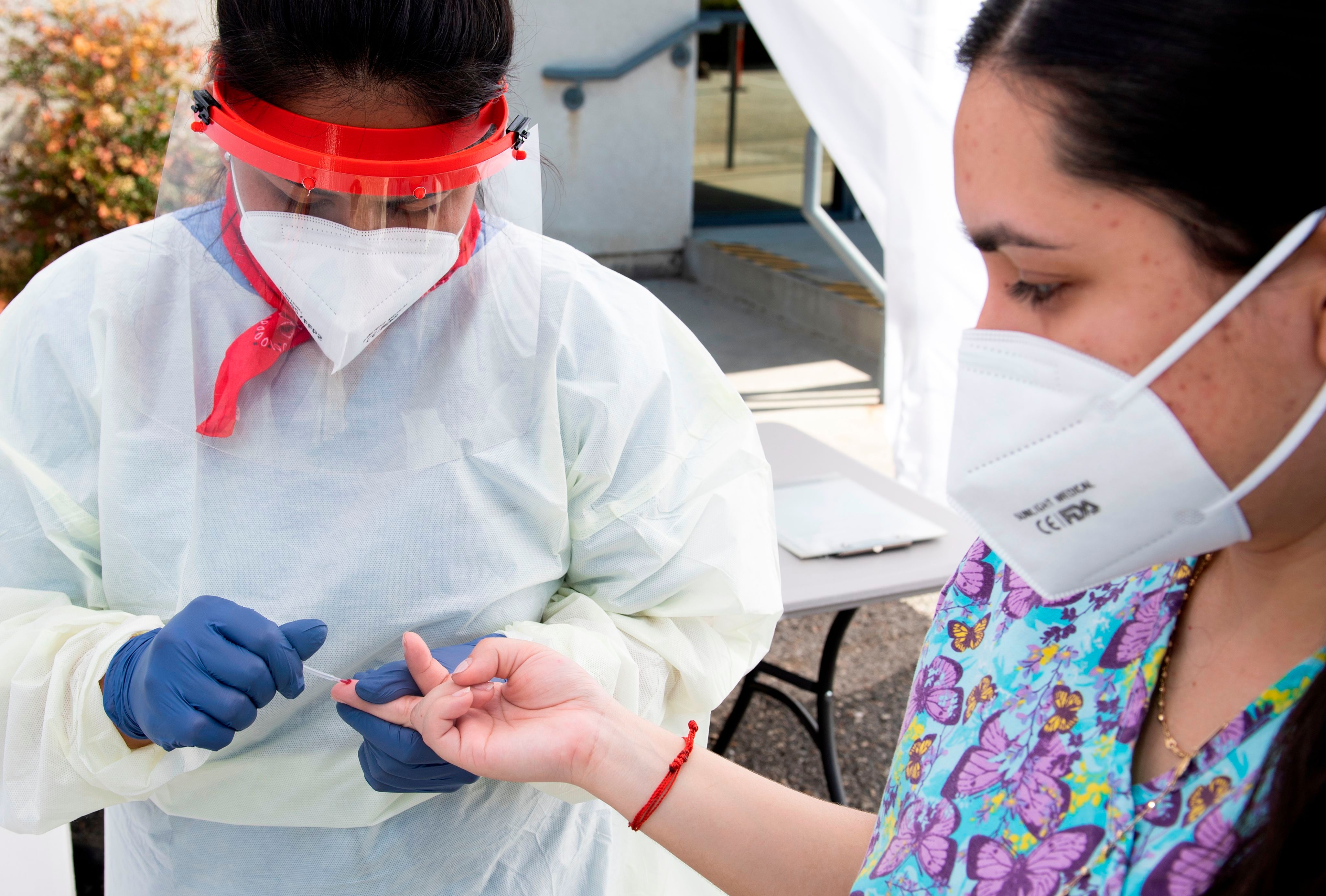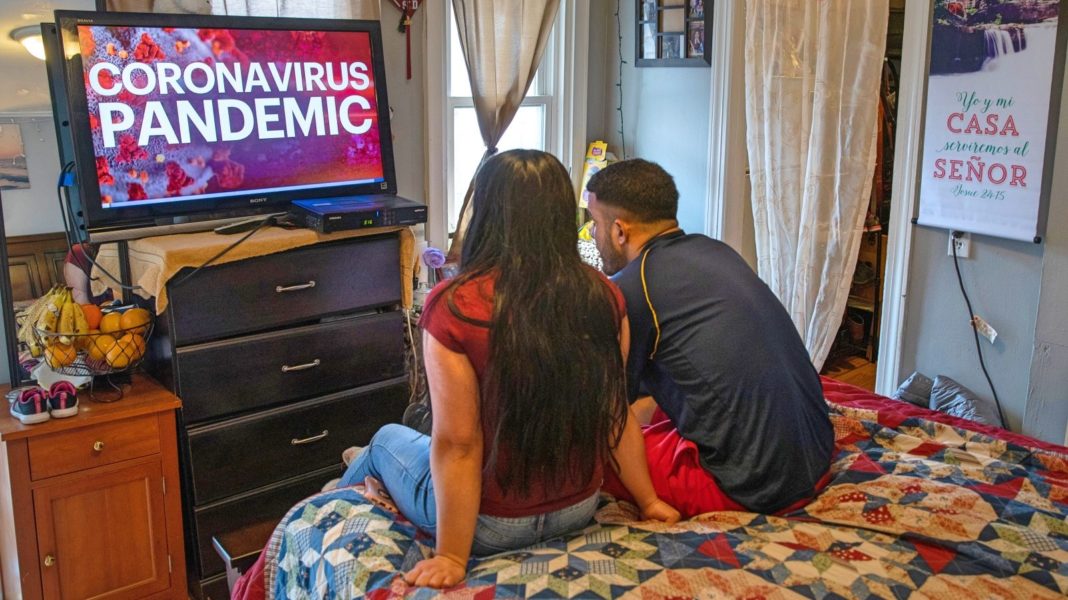Fear fueled by anti-immigrant rhetoric prevents them from accessing health care
Even though they were denied access to the federal economic stimulus check, families of undocumented immigrants may benefit from some government programs during the COVID-19 pandemic.
Health experts and immigrant advocates were convened by the Ethnic Media Services organization to discuss the impact of the public charge on patients seeking care for the coronavirus, and the programs that are within their reach.
"Immigrant families should know that regardless of their status, it is safe and smart to seek tests and treatments for COVID-19. We encourage you to seek health care during this difficult time, ”said Madison Allen, an attorney with the Washington-based Center for Law and Social Policy.
"Before going to a clinic, they should call and ask if they have the COVID-19 tests, and the availability to access programs like Medicaid, or the Obamacare market."
He emphasized that it is important to spread the word that COVID-19 tests and treatments will not be included in the determination of the Public Charge rule, even if health services are covered by Medicaid.
"In addition, workers in emergency rooms and community health centers should not ask about their immigration status."
And, she said, immigrant families whose children have lost school meals at reduced or free prices due to the pandemic and school closings can receive SNAP food stamps, which are not considered a public charge.

Fear and lack of information
Luvia Quiñones, director of health policy for the Illinois Coalition for the Rights of Immigrants and Refugees, said immigrants live in fear of the unknown represented by COVID-19 and because they have not had the information in their language. But also most in the country, do not have health insurance either because of the cost or because the employer does not offer it.
"There are many studies that show that fear has prevented them from being tested; and at first they didn't know they were free"
And that's not all, he mentioned that they have heard from health professionals that unlike other ethnic groups, Latinos come to the hospital with the most serious and advanced symptoms of COVID-19.
"I think it is due to the combination of fear of the public burden of migration as well as the cost."
It also considered that because more than 70% live in families with mixed immigration status, some US citizens may not seek health care because they do not want to expose their undocumented family members.
"The public charge has exposed discrimination and racism within our health system."
Luvia said that If Latinos have been the most impacted by COVID-19, it is due to fear and the need to go to work.
"To attack fear, we need to ensure that they get very clear information in their language."
He added that tests and treatments are available to everyone regardless of immigration status and does not affect public charge.

Access to tests, more coronavirus
Dr. Daniel Turner-Lloveras, an assistant professor at UCLA's medical school, estimated that the increase in coronavirus cases is related to access to tests that allow a greater number to be discovered. "It's not that there is necessarily more, but less tests were done before."
While acknowledging that openness is challenging and will make it easier for the virus to spread, he encouraged everyone to stick to the rules, wash their hands as often as possible when necessary, and try to stay indoors unless have to leave.
To minimize the risk of public burden, he asked immigrants to seek publicly funded health insurance..
Connie Choi, a strategist at the National Immigration Law Center, said they fight in Congress for low-income people to receive treatments and vaccines through Medicaid, especially since more than 40 million are unemployed.
"We want to establish changes that ensure that everyone, regardless of where they were born, has access to health care and other basic needs that allow them to improve themselves."







